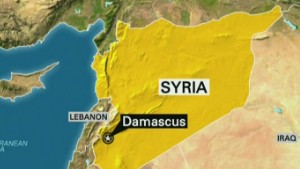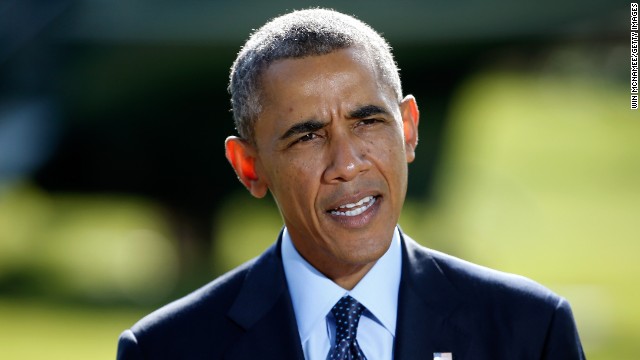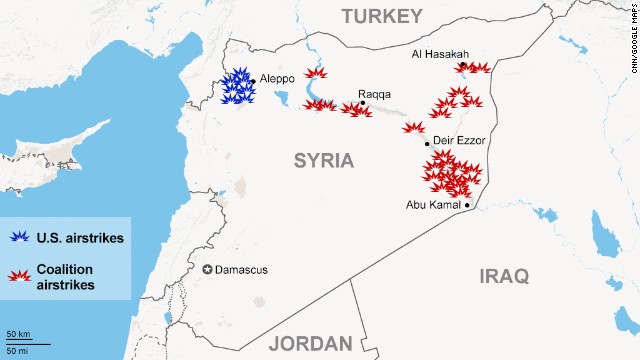How far does ISIS' global reach extend?
ISIS militants have brought their hardline version of Islam to wide
areas of Syria and Iraq, imposing brutal laws and killing people who
they deem "unbelievers."



 U.S., Arab nations attack ISIS in Syria
U.S., Arab nations attack ISIS in Syria

Their bloodthirsty advances have sent hundreds of thousands of refugees streaming across the borders into neighboring countries, like Turkey, increasing the risks of instability there.
But the recent expansion of U.S. airstrikes against ISIS into Syria, as well as a call by a leader of the extremist group for attacks against Western citizens, has raised questions about how far the militants' reach extends beyond the Middle East.
With anti-terrorist raids
in Australia, the beheading of a French citizen in Algeria and reports
of ISIS sympathizers in Indonesia, here's a look at the countries that
could be affected.

Rouhani on Obama's plan to fight ISIS

Clinton: NYT is wrong on Syria strikes

Coalition strikes oil facilities in Syria
 U.S., Arab nations attack ISIS in Syria
U.S., Arab nations attack ISIS in Syria
The United States
No sign of attacks being planned
U.S. officials have repeatedly said that they have no information to suggest that ISIS is planning an attack on the U.S. homeland at the moment.
But the group recently
called on devotees around the world to carry out attacks against people
in the United States and other Western countries.
After the U.S. and Arab
partners began airstrikes against ISIS targets in Syria this week, the
U.S. Department of Homeland Security issued a bulletin warning law
enforcement agencies to be on heightened alert for "lone-wolf" terrorist
attacks on U.S. soil, a U.S. law enforcement official told CNN.
Officials said that law enforcement agencies receive similar bulletins on a fairly regular basis as a precaution.
'Al Qaeda's playbook'
Security analysts say the calls for lone-wolf attacks in the United States are nothing new.
"It's taking a page out
of al Qaeda's playbook," said Robert McFadden, a senior vice president
at the Soufan Group, a security consultancy.
The United States has in
recent years experienced homegrown attacks that were apparently
motivated by extremist Islamic views, including the Boston Marathon bombings and the Fort Hood shootings.
But many lone-wolf
attacks in the U.S. in recent decades were committed by people not
linked to any terrorist organization, like Timothy McVeigh, who bombed the federal building in Oklahoma City in 1995, and more recently, Aaron Alexis, who carried out the deadly shooting at the Navy Yard in Washington last year.

Map: Airstrikes in Syria
Guarding against
individuals acting on their own is extremely difficult, experts say, as
there are no orders coming down through organizations.
"Almost all the time
it's not there," McFadden told CNN. "So that ingredient makes it so much
more tough to combat these kind of things and root that out."
Other group targeted
U.S. authorities are
also trying to monitor the more than 100 American citizens who have
traveled to Syria to fight for armed groups there, including ISIS.
The Americans who have
come to harm at the hands of ISIS are James Foley and Steven Sotloff,
journalists who were abducted in Syria and beheaded by the militant
group in recent weeks.
While U.S. officials say
they have no knowledge of any planned attacks by ISIS in the United
States, they have suggested that Khorasan, a separate terrorist group
that was also hit in the airstrikes on Syria, was actively plotting against U.S. and other Western targets.
Australia
Anti-terrorism raids
Earlier this month,
Australian police carried out large-scale raids after investigations
suggested suspects were planning "a random attack on individuals."










0 comments:
Post a Comment